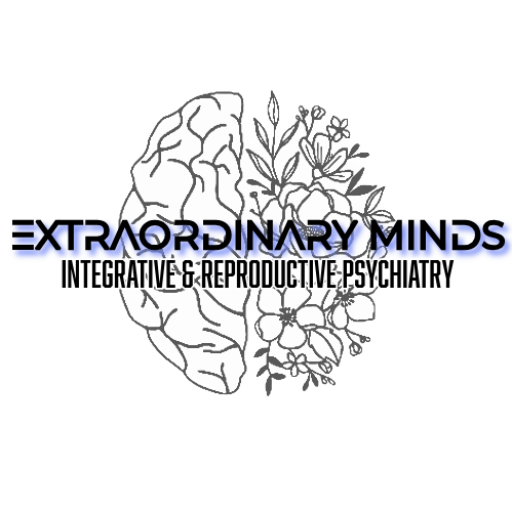Sneaky Signs of Postpartum Depression in Dads and Partners
11/9/2024 by Dr. Rachel Dillinger, MD PMH-C, integrative and reproductive psychiatrist

If I asked you to close your eyes and picture a new dad who is depressed, what would come to mind? What does that person look like? What do they feel like? How do they interact with the people around them?
We all carry beliefs and biases about what it means to be depressed, and this can get in the way of recognizing depression when it doesn’t fit that mold.
Postpartum dads and partners are a prime example of this. While conservative estimates state that 10% of dads experience postpartum depression, many studies show higher rates and there are reasons to suspect underreporting. If a mom has PPD, the dads chances skyrocket to 50%. Research is sparse in the LGBTQ community, though early studies show more gay and lesbian parents are depressed than their heterosexual counterparts.
While childbearing parents tend to have higher rates of postpartum depression in the first 3 months after birth, rates for partners peak between 3 and 9 months. There are psychological and hormonal aspects (like lowered testosterone) at play, and an increased rate of divorce, relationship dissatisfaction, poor attachment and bonding, toddler behavioral issues and adolescent and adult depression and other mental health issues.
With such high stakes, we really want to be able to recognize and help support these new parents as well. So think again about the stereotypical depressed father you imagined earlier and compare against the most common symptoms below:
- Irritability and anger
- Resenting having kids
- Spending a lot more time at work, on projects, or away from home/partner/child(ren)
- Indecisiveness
- Less emotional expression
- Low motivation and concentration
- Withdrawing from relationships
- Physical symptoms like headaches, nausea, stomach pain, fatigue and muscle soreness
Don’t get me wrong—sadness, tearfulness, and suicidal ideation can definitely be present—but these are far from the most common ways paternal post partum depression shows up.
If you suspect you or someone you love may be experiencing this, please know it is very treatable and the resources below can be a good starting point to feeling more like yourself soon.
Free Phone Line and Support Groups for Dads through Postpartum Support International
Free Queer and Trans Parent Support Group through Postpartum Support International
Therapists specializing in helping new dads like Scott Bragg in Paoli and free peer support groups like the Dad Lab at Jefferson Abington and Jefferson Einstein Hospitals
